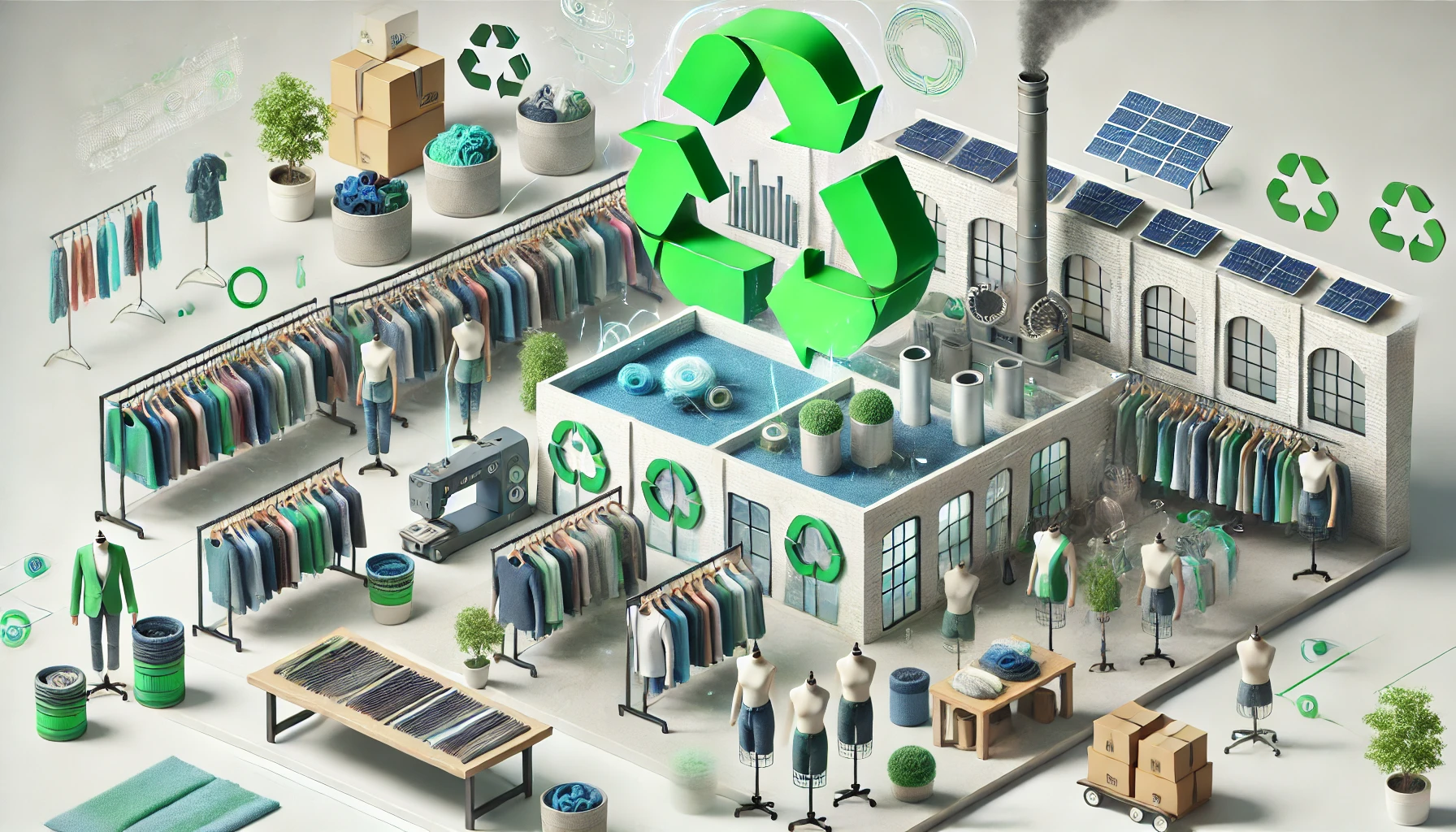In recent years, blockchain has evolved from a speculative buzzword into a practical tool reshaping industries far beyond finance. Among its most promising applications is the tokenization of real-world assets — and nowhere is this more impactful than in the realm of sustainable real estate and water rights.
Tokenization, at its core, is the process of representing a physical asset as a digital token on a blockchain. When applied to eco-friendly housing developments or critical natural resources like water, this approach doesn’t just modernize how investments are managed — it transforms who can participate and how value flows through these markets. Traditionally, investing in real estate or water infrastructure required significant capital and lengthy legal processes. Tokenization breaks down these barriers by enabling fractional ownership, where investors can purchase small, tradable shares rather than entire properties or rights packages.
This democratization of access creates two powerful effects. First, it opens the door for a broader range of investors — from institutional funds focused on sustainability to individuals seeking to align their portfolios with their environmental values. Second, it introduces liquidity into traditionally illiquid markets. Ownership stakes that once took months or years to buy or sell can now be exchanged in near real time, making it easier to redirect capital toward projects that align with evolving environmental priorities.
Consider a solar-powered residential community or a managed watershed project. Instead of relying solely on large developers or government funding, these initiatives can now raise capital through tokenized offerings. Investors receive verifiable blockchain records of their ownership, and the projects themselves benefit from more flexible and transparent funding mechanisms. This model aligns financial incentives with environmental stewardship, channeling investment into infrastructure that conserves resources, reduces emissions, and strengthens resilience against climate-related risks.
Companies like BlockApps Inc. are pioneering this integration of blockchain and sustainability, building frameworks that not only streamline asset management but also ensure regulatory compliance and traceability. By embedding data about energy use, water allocation, or carbon impact directly into the tokens themselves, these systems provide a level of accountability that was previously difficult to achieve.
As governments and private entities around the world race to modernize infrastructure and meet sustainability targets, tokenization could become a cornerstone of green investment. Real estate developments designed for low energy consumption and water-rights systems built to protect scarce resources are no longer just ethical imperatives — they are increasingly viable financial opportunities. Blockchain is making it possible to align profit with planetary health in ways that benefit both investors and communities.
The shift toward tokenized ownership is still in its early stages, but its trajectory is clear. As technology matures and regulations adapt, the barriers to participation will continue to fall. In the process, sustainable real estate and water rights may no longer be niche markets reserved for a handful of stakeholders, but dynamic, globally accessible ecosystems where capital flows as freely as the resources they are designed to protect.




